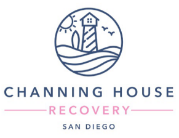in network with







CBT
Everyone can benefit from taking a deeper look at their thoughts and behaviors to identify problematic trends and reframe certain erroneous beliefs. Self-reflection is a factor that is especially relevant to anyone currently in treatment for a substance use disorder (SUD). Even if you are not struggling with the rehabilitation or continuing recovery process, it is essential to participate in group and one-on-one therapy. The most commonly utilized method of psychotherapy is cognitive-behavioral therapy (CBT).
What is cbt therapy?

- CBT was the first evidence-based treatment for psychotherapy.
- CBT is the single most researched form of therapy.
- No other therapy has been able to reach the same level of systematic success.
- The most accurate scientific information we possess on cognition and behaviors has created CBT’s standardization, making it highly successful.
who can benefit from cbt?
People diagnosed with the following mental health disorders will benefit the most from using CBT to treat their symptoms or underlying conditions:
- Anxiety disorders
- Phobias
- Post-traumatic stress disorder (PTSD)
- Sleep disorders
- Eating disorders (ED)
- Obsessive-compulsive disorder (OCD)
- Substance use disorders (SUD)
- Schizophrenia
- Sexual disorders
You do not have to be diagnosed with a mental health condition to benefit from using CBT. There is evidence that CBT can help lower stress levels in people who do not have a mental health disorder.
recovery with cbt
During CBT, you will work with your therapist to challenge preconceived notions and long-held personal beliefs to determine if they hold up under objective scrutiny. There is no overstating the importance of doing this with thoughts surrounding your substance use and what actions led to addiction. Once you understand what causes you to behave in particular ways, you can start to change your thinking patterns and embrace healthier routines. You will unlearn the following negative habits:
- Always expecting the worst-case scenarios (or “catastrophizing”).
- Minimizing positive events and emotions.
- Placing blame where it does not belong.
- A constant need to be correct regardless of context or circumstance.
- Judging yourself harshly and putting unrealistic expectations on yourself.
- Using all-or-nothing thinking.
helpful cbt exercises
Your therapist may assign you homework, and they will teach you exercises that you can use in everyday situations to control and balance your emotional responses. A few practical CBT exercises include:
- Journaling thoughts and feelings
- Practicing self-care by doing enjoyable activities
- Challenging negative assumptions and thoughts with objective facts
Verify your insurance today
WE ARE HERE
For you
DON'T WANT TO MAKE THE MOST IMPORTANT CALL OF YOUR LIFE
At Channing House Recovery, our dedicated staff is here to help you choose the treatments that will give you the greatest advantages. Cognitive-behavioral therapy (CBT) in San Diego is one of the most respected and practiced forms of psychotherapy in rehabilitation facilities and sober living communities. CBT produces excellent results for anyone willing to do the difficult work.
If you are ready to dedicate your time and energy to do what it takes to combat negative behaviors and thoughts, then CBT is right for you. You can use it alongside other psychotherapies to enhance the results. We can help you get started today.

